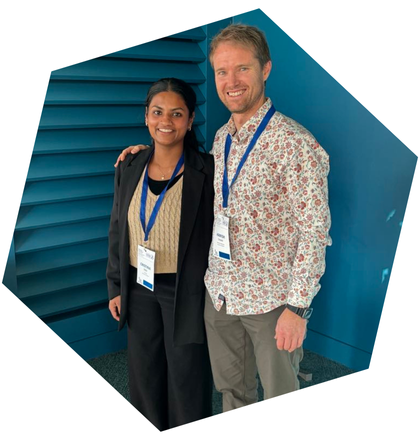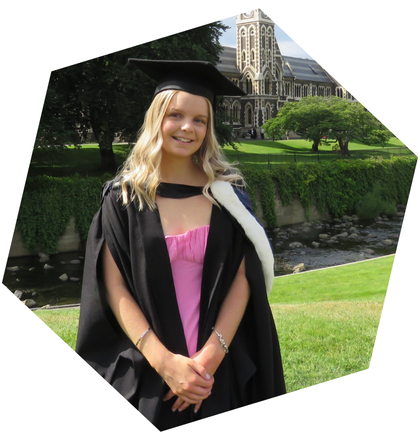Case Study
Research Review: Making Information Accessible for People with Type 1 Diabetes
Diabetes New Zealand Research Foundation Summer Studentships 2024-5: Making Information Accessible for People with Type 1 Diabetes. Christina Baby
Over the summer of 2024/25, I worked as a research student at the University of Waikato, supported by the New Zealand Society for the Study of Diabetes and the Diabetes New Zealand Research Foundation. As a third-year nursing student, I was excited to contribute to a project that combined my passion for equitable healthcare with practical research aimed at improving patient outcomes.
Under the supervision of Dr Hamish Crocket and with guidance from Associate Professor Lynne Chepulis, our research team focused on analysing the readability of user-facing resources for funded devices used in the management of type 1 diabetes (T1D) in Aotearoa. These devices—such as continuous glucose monitors (CGMs) and automated insulin delivery (AID) systems—have the potential to transform diabetes care, but their effectiveness depends heavily on how well patients understand and use them.
Recognising the importance of health literacy, I conducted a readability analysis of publicly available educational materials related to CGMs and AID systems. Using the Flesch Reading Ease Score, I assessed content from government health organisations, advocacy groups, and medical device manufacturers. The results were eye-opening, with many resources falling into the “fairly difficult” to read category. While government-affiliated sources like Healthify NZ and Pharmac tended to be more accessible, hospital-based and clinical materials were often more complex, potentially limiting patient comprehension. Manufacturer websites varied widely in their balance between technical detail and user-friendliness.
Our findings underscored the need for standardised readability guidelines to ensure equitable access to health information. We recommended simplifying technical language, aiming for a minimum readability score, regularly reviewing patient-facing materials, and involving patients and their whānau in the development of educational resources. These steps are vital to empowering individuals with T1D to manage their condition confidently and effectively.
Beyond the core research, I also contributed to a related project focused on the funding of new diabetes technologies. This involved designing a clinician survey and drafting an ethics application—experiences that broadened my understanding of how research supports policy and clinical practice.
This studentship has been an incredibly rewarding experience. It not only strengthened my research skills but also deepened my commitment to improving health literacy and access to care. I’ve seen firsthand how research can drive meaningful change, and I’m more inspired than ever to pursue a career in nursing where I can make a tangible difference in people’s lives.
I’m deeply grateful to my supervisors, the research team, and the supporting organisations for this opportunity to grow as both a researcher and a future healthcare professional.


